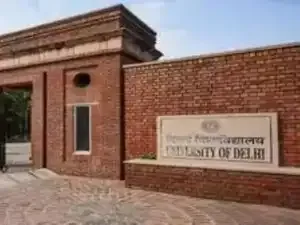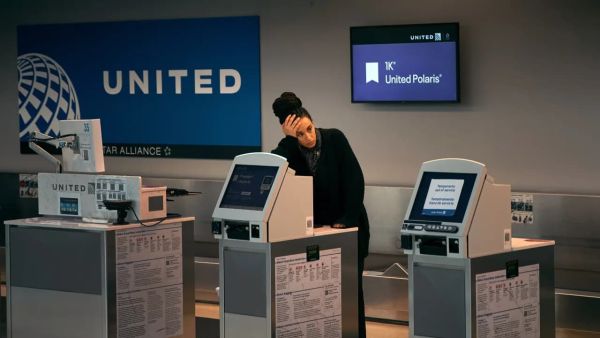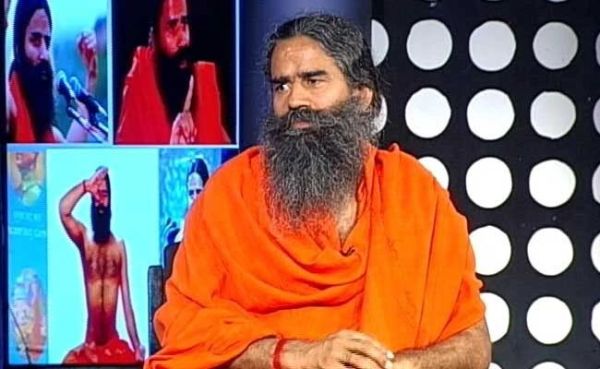
Once known for its affordability and accessibility, Delhi University’s School of Open Learning (SOL) has seen its annual fees soar by more than 150% in just five years, reported TOI. Established to serve working professionals and students from modest backgrounds, SOL is now among the university’s costlier units — even as students complain of delayed study materials, irregular classes and limited access to campus facilities.
An analysis of SOL’s official prospectus from 2021–22 to 2025–26 shows that annual fees for traditional undergraduate courses such as the BA Programme, BCom, and honours degrees in English and Political Science have jumped from ₹4,040 to ₹10,000–₹10,600 — a rise of 150–163%.
The biggest leap came in 2023–24, when the BA Programme fee surged by 56% (from ₹5,000 to ₹7,820), BCom (Programme) rose by 42%, and BA (Hons) English and Political Science increased by 51%. During the same period, BCom (Hons) nearly doubled, climbing from ₹4,040 in 2021–22 to ₹8,320 — a 106% rise. Smaller but steady hikes of around 13–14% have followed each year, sparking repeated student protests demanding a rollback, TOI further reported.
“We’re paying double what our seniors did, but our study materials are still missing two months into the semester,” said a first-year BCom student.
Many students allege that classes remain irregular and study centres overcrowded, while access to libraries, canteens, and other university facilities is often denied. “We’re treated as outsiders in our own university,” said Mohammad Aquib, a BA (Hons) Political Science student. “Regular DU students can use libraries and grounds freely, but we’re told SOL students aren’t allowed.”
According to the report, professional programmes introduced in recent years have also grown costlier. The BA (Hons) Economics fee has risen 93% since 2022–23, from ₹5,500 to ₹10,620. Similarly, BBA (FIA) and BMS courses, which launched at ₹15,200, now cost ₹21,120 — a 39% hike.
Newer courses like the BA Programme with Psychology and Computer Applications, introduced in 2023–24, have seen 21% increases in just two years. The BA (Hons) Psychology, which began at ₹21,370, is now SOL’s most expensive course at ₹22,520.
One exception has been the PwD category, where fees doubled from ₹65 to ₹130 in 2022–23 and have remained unchanged since.
SOL Director Payal Mago refuted claims of mismanagement, saying classes are held seven days a week across four study centres and that study material has already been dispatched to most students.
“Printed material for all but first-year and late-admitted students was sent out a month ago,” she told the news oulet. “Where courier delivery fails, students can collect their material directly.”
She added that over 5,000 sets of materials have been dispatched from each centre and that monitoring systems are in place to ensure timely distribution. “We have no infrastructure issues now, and all classes are being conducted as scheduled,” she said.
On the question of rising costs, Mago explained that the fee hikes follow university policy. “DU allows a 10% annual increase, and SOL adds 5–6% — about 16% in total,” she said. She also pointed to the university’s financial aid initiatives: “Last year, we disbursed ₹2 crore in freeships for meritorious and economically disadvantaged students, and we plan to continue this support.”
Despite these assurances, students remain sceptical, arguing that the steep rise in fees has not translated into better academic delivery — raising fresh questions about the future of affordable higher education at one of India’s premier universities.
The biggest leap came in 2023–24, when the BA Programme fee surged by 56% (from ₹5,000 to ₹7,820), BCom (Programme) rose by 42%, and BA (Hons) English and Political Science increased by 51%. During the same period, BCom (Hons) nearly doubled, climbing from ₹4,040 in 2021–22 to ₹8,320 — a 106% rise. Smaller but steady hikes of around 13–14% have followed each year, sparking repeated student protests demanding a rollback, TOI further reported.
“We’re paying double what our seniors did, but our study materials are still missing two months into the semester,” said a first-year BCom student.
Students cite delays, poor facilities & exclusion
Many students allege that classes remain irregular and study centres overcrowded, while access to libraries, canteens, and other university facilities is often denied. “We’re treated as outsiders in our own university,” said Mohammad Aquib, a BA (Hons) Political Science student. “Regular DU students can use libraries and grounds freely, but we’re told SOL students aren’t allowed.”
According to the report, professional programmes introduced in recent years have also grown costlier. The BA (Hons) Economics fee has risen 93% since 2022–23, from ₹5,500 to ₹10,620. Similarly, BBA (FIA) and BMS courses, which launched at ₹15,200, now cost ₹21,120 — a 39% hike.
Newer courses like the BA Programme with Psychology and Computer Applications, introduced in 2023–24, have seen 21% increases in just two years. The BA (Hons) Psychology, which began at ₹21,370, is now SOL’s most expensive course at ₹22,520.
One exception has been the PwD category, where fees doubled from ₹65 to ₹130 in 2022–23 and have remained unchanged since.
Administration defends fee policy
SOL Director Payal Mago refuted claims of mismanagement, saying classes are held seven days a week across four study centres and that study material has already been dispatched to most students.
“Printed material for all but first-year and late-admitted students was sent out a month ago,” she told the news oulet. “Where courier delivery fails, students can collect their material directly.”
She added that over 5,000 sets of materials have been dispatched from each centre and that monitoring systems are in place to ensure timely distribution. “We have no infrastructure issues now, and all classes are being conducted as scheduled,” she said.
On the question of rising costs, Mago explained that the fee hikes follow university policy. “DU allows a 10% annual increase, and SOL adds 5–6% — about 16% in total,” she said. She also pointed to the university’s financial aid initiatives: “Last year, we disbursed ₹2 crore in freeships for meritorious and economically disadvantaged students, and we plan to continue this support.”
Despite these assurances, students remain sceptical, arguing that the steep rise in fees has not translated into better academic delivery — raising fresh questions about the future of affordable higher education at one of India’s premier universities.







